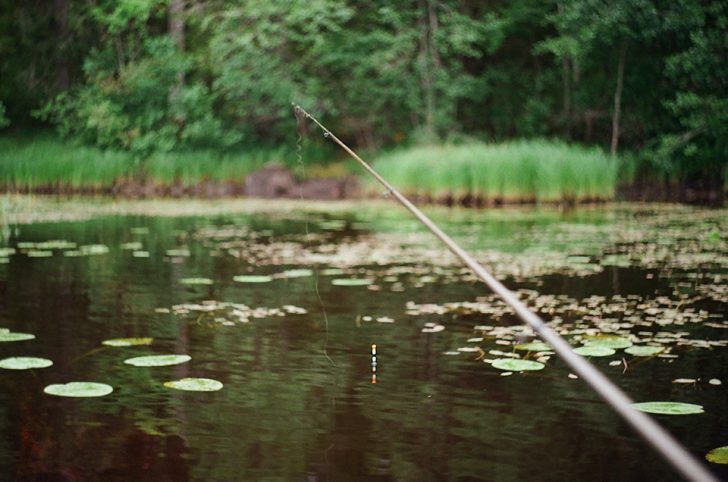
Fishing is a pastime that has an intrinsic link to the natural world, but the past few decades have seen the balance shift towards the pursuit becoming exploitative. Between commercial and hobbyist fishing, the World Economic Forum estimates that 90% of global fisheries (inland and ocean) are depleted. An utterly unsustainable trend, fishing without any care for the consequences is something that will have dire consequences, both on the food supply that we as humans rely on, and on the ability for anglers to enjoy the time-honored pursuit. As a new generation of anglers starts to get into the world of fishing, it’s crucial that they are taught about how they can positively contribute to the conservation of waterways and fish stocks.
An all-natural approach
A good way to help new anglers appreciate the wilds, and children especially, is through encouraging a rural upbringing. This is true whether you live in a city or out in a rural area. A 2017 study published by Hindawi established that children who grow up in rural areas have a greater number of ‘nature’ based life experiences, and a greater appreciation of nature as a result. What this shows is that growing up among wildlife and plants will give someone a better shot at appreciating them fully. Taking children camping, fishing, hiking and hunting, and giving them life lessons on nature – for instance leaving it as you found it, and only taking what you need rather than over-fishing – will help them to have an ingrained sense of justice in nature and to prevent poor behavior in the future. This is a practical way to help children learn about conservation in a natural way, without needing to teach them formally.
Doing your research
Many anglers like to get out and about to experience different areas, but others will be very happy with the same spots time and time again. There is nothing wrong with either experience, but what anglers should be teaching newcomers to do is to look for healthy fishing spots. If the population in one area is depleted, or there are issues going on that make any fishing put strain on the fish in that area, move on and try to enjoy yourself elsewhere.
Getting involved
Anglers are in a prime position to not only keep natural areas healthy, but to actively contribute to their improvement. The Ecologist, a pro-environmental advocacy mag, highlights the huge impact that anglers have had in improving the state of wild areas. As people on the waterways more than perhaps any other group, anglers can collect data, report problems, and remove obstacles or litter as they see fit. Their ability to see the change in fish populations in real time gives them a far greater insight than any received knowledge can. To that end, getting actively involved with conservation and offering a helping hand to efforts is the ultimate environmentally positive step that any angler can take.
Not only do anglers play a role in healthy fishing habits; they play a huge role in active conservation. In an enviable position to actively contribute to environmentally positive efforts, advocacy organizations prize their input. This special role is something to be cherished, and communicated passionately to the next generation.